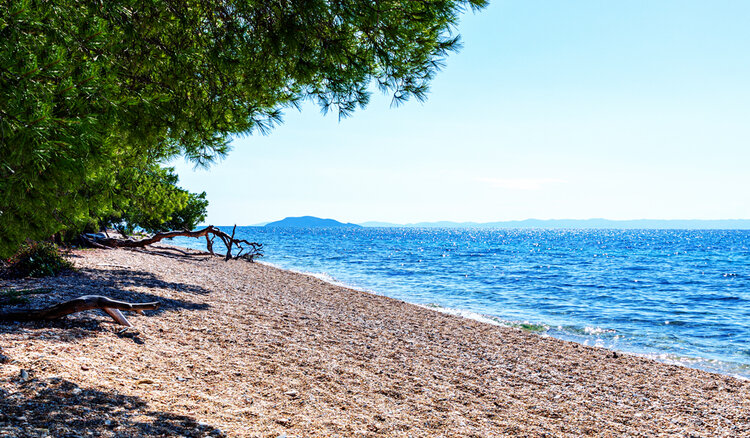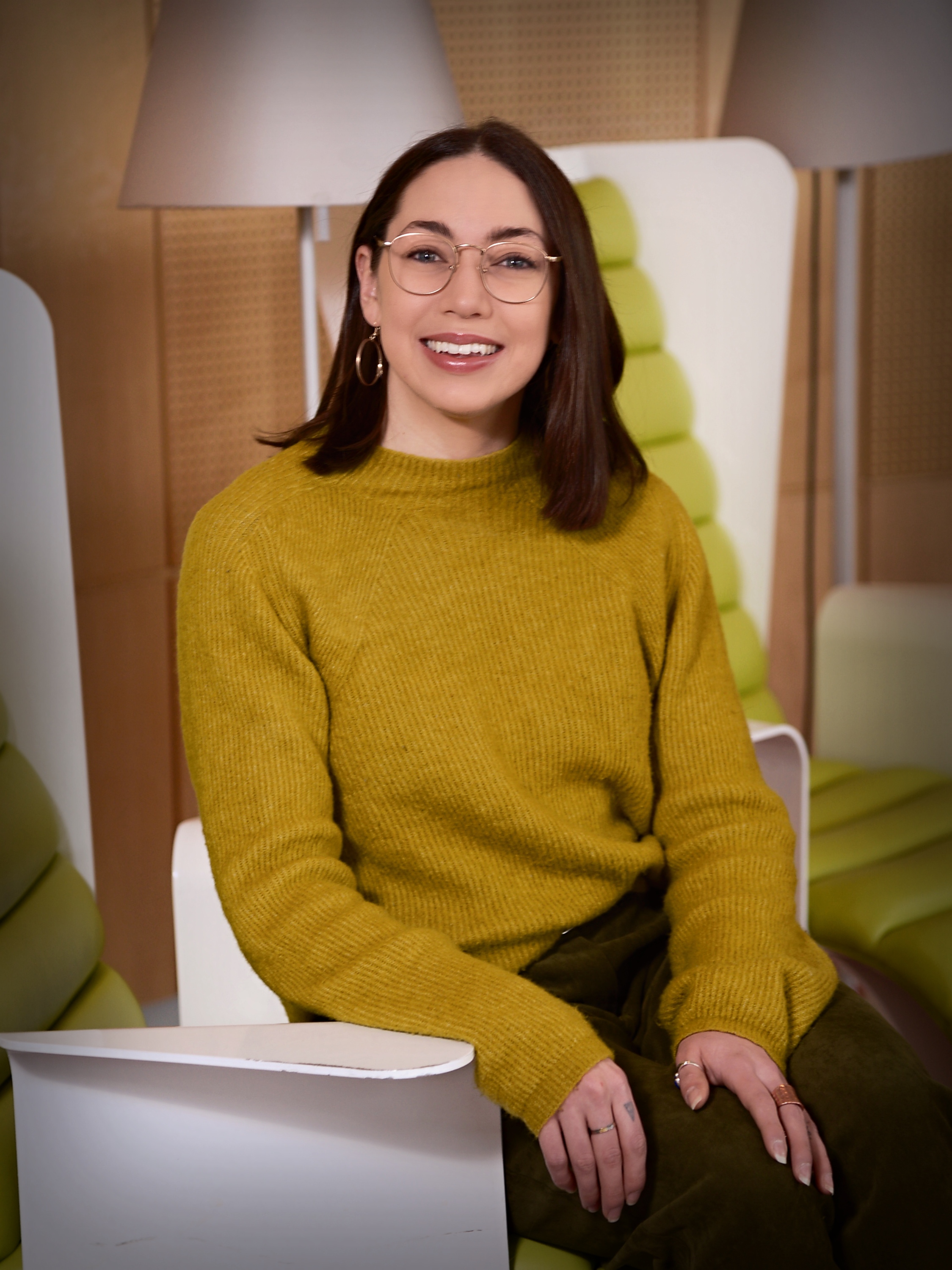Writing as a Long, Winding Conversation
by Paige Passantino
I recently had the privilege of attending my first writing residency and was lucky enough to enjoy the experience on the fantastic beaches of Sithonia, Greece. I was drawn to the residency not only for the stunning location but for its multi-genre element: the fellows included poets, journalists, playwrights, TV writers, fiction writers, and songwriters, all reading and workshopping each other’s pieces. The residency also boasted a long list of activities: a trip to the ruins of Olynthus, a boat trip through the Grecian islands, a tour of a vineyard, and more.

At points, the experience felt like a reality TV show: a group of 10 strangers arrive at a massive home on the beach and spend a week living and writing together. The mixture of creative work and eclectic personalities meant there was never a dull moment. Conversations of our favorite films of the year, the books we loved (and didn’t love so much), shared anxieties, or thoughts on process were perpetually taking place. Hours went by in what felt like minutes as we sat around the dinner table, or by the shore, swapping stories.
I came to the residency thinking I’d spend 14 days writing. I’m going to finish and perfect my chapbook! Start—and finish—new pieces! Write multiple essays! Organize the chaos that is my Google drive! Finish multiple books that I’ve wanted to read for ages! Update my CV!

I did none of these things. The social aspect contributed to this, as did the Aegean Sea, calling my name again and again, demanding I spend hours floating on its salty stomach. And the conversations I was having with my fellows were too fascinating to walk away from—we all had so many questions for each other, and I had never been around so many people so furiously passionate about not just writing but storytelling. In undergrad writing workshops, you were bound to have a few folks thinking that poetry class was an easy A or students who were trying it out for the first time with not much excitement. Nothing wrong with that—but my fellows in Greece were career writers, people as compelled by language as I was. I would aim to write but accidentally spend an hour talking to a fellow, suddenly sharing some of my deepest feelings with someone who felt far from a stranger in a matter of days.
By the middle of my stay, regardless of the good time, I was starting to feel a little anxious. How had so much time been lost that I could have been writing? When would I get it all done? Was this all for nothing? Had I wasted this experience? It was my first residency—maybe I had done it all wrong? A residency in Greece feels like a once in a lifetime experience—but did I write enough?
Eventually, I sat down, carving out very intentional space to write. And what happened was a spurt of words, ideas, and language that took me by complete surprise. I was bursting with thoughts; they had been swirling around inside of me the whole time, consistently fed by the sights, the conversations, the laughter, and the bonding that had been taking place. I had been arriving at new perspectives all week and having mini-revelations about the content of my current projects, but I had ignored those feats in my anxious ruminations on not writing. I discovered this in that writing session as the words flowed so freely, so full of emotion. I felt more confident in my writing than ever, and ironically, not writing was the impetus for this creative explosion.
The second week of the residency, culture critic from The New Yorker, Doreen St. Felix, joined us in a mentorship role (Ryan Calais Cameron had been with us the first week). As an introduction, we all shared pieces of our methods and discipline. “Not writing is writing,” Doreen shared, also expressing that she’s trying to live a life fuller than just sitting in front of a computer screen. I attended an online workshop with author Melissa Febos that same week, and she described a similar sentiment, explaining how at one point in her career she felt tied to the idea of writing every day, which is often drilled into us writers. She found she actually worked better when she didn’t impose that pressure on herself.
This made me wonder how we define writing and if this definition can potentially undermine other ways in which we interact with language. In The Book of Delights, Ross Gay describes “the process of thinking that writing is” as a long run-on sentence that he attributes to “the really nice time my body was having making this lavender Le Pen make the loop-de-looping we call language. I mean writing . . . which comes from our bodies, which we actually think with.” Locating language in the body makes it more of a physical experience that extends beyond using a pen or a keyboard. And though I wasn’t using those tools during my time not-writing, I was utilizing style, voice, and syntax, and I was doing so verbally within conversation. It was still a complex form of engaging with language, discovering new ideas through the process of searching for and combining words and phrases.

I left the residency with a new understanding of what it means for me to be a writer. It is so much more than piecing together words and phrases with the hope of forming that perfect sentence, obsessively editing line by line. It is about living as a writer, possessing a sense of curiosity toward not just your interior landscape but the world around you and the individuals you encounter. I am developing a greater understanding of the importance of community in this field, and the revelations that are sometimes only born in relationship to our fellows. Writing doesn’t have to be solitary or strict. It can look like not writing. And sometimes, it can look like that long, winding conversation that takes place with friends at the table as the sun sets.
For information on the residency and to apply for the fall or summer sessions, you can go to rosemaryshouse.org

What a wonderful read! It feels relieving to know that a feeling deep inside of us is shared, and articulated so beautifully, by another. Love to keep up with your work, Paige!
By Emily Johnson on Jul 02 2023